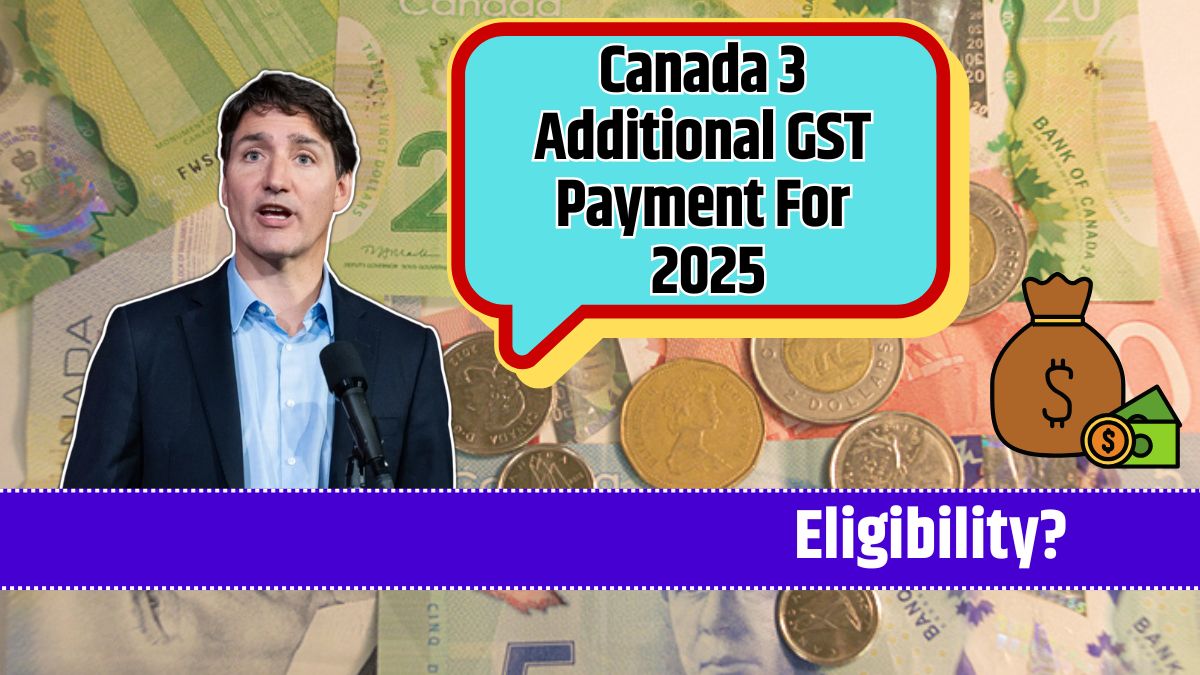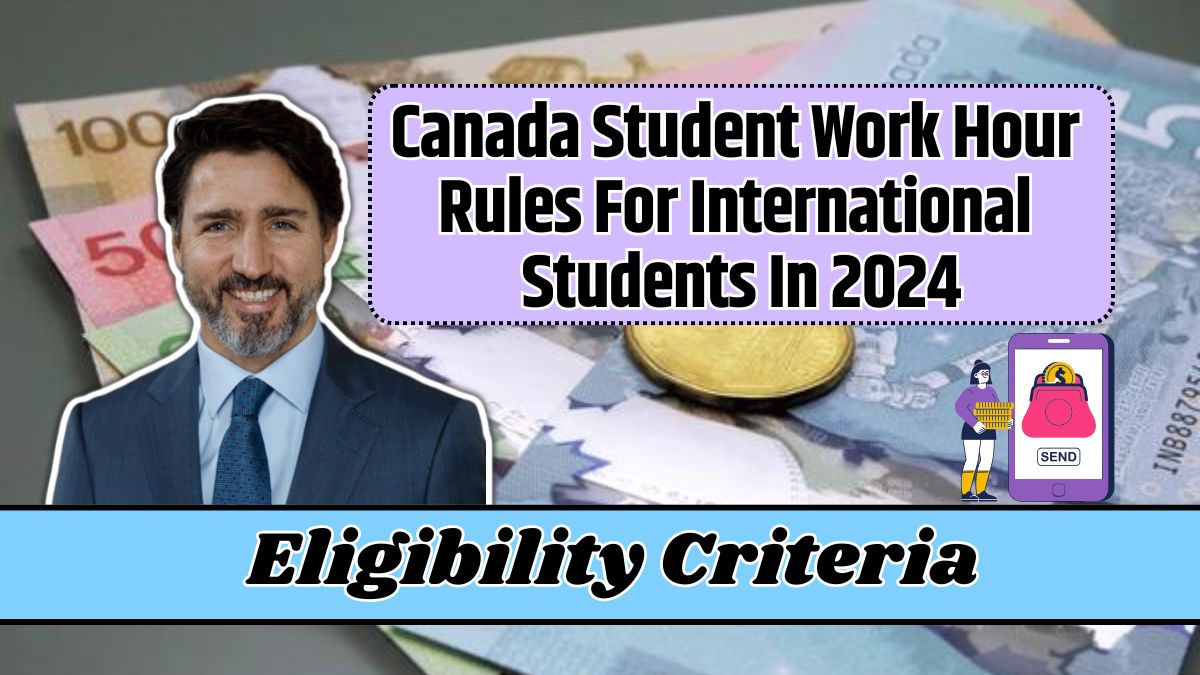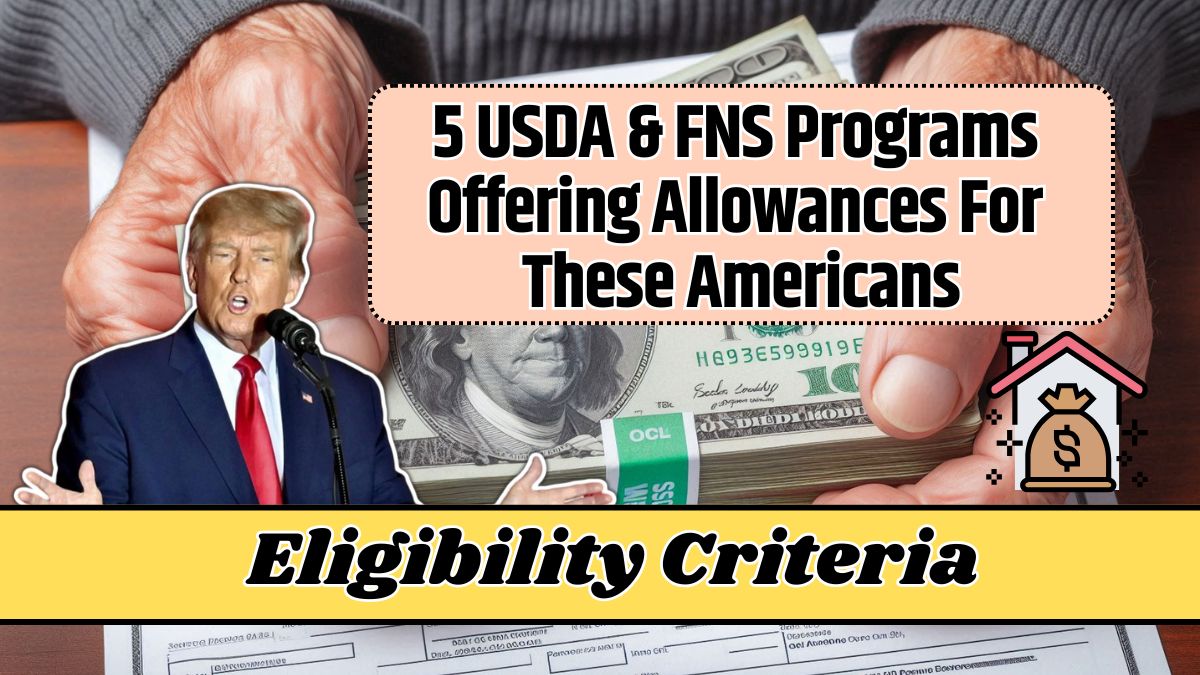The Canada Carbon Rebate (CCR), formerly known as the Climate Action Incentive Payment (CAIP), is a quarterly, tax-free benefit designed to help Canadians offset the costs of the federal carbon tax.
If you live in a province without its own carbon pricing system, this rebate ensures you receive financial compensation, often exceeding the amount you pay in carbon taxes.
Here’s everything you need to know about maximizing your CCR payments in 2024, from eligibility requirements to payment schedules and tips to optimize your benefits.
What Is the Canada Carbon Rebate (CCR)?
The CCR is part of Canada’s broader effort to address climate change by implementing carbon pricing. Revenues collected from the federal carbon tax are redistributed to households in provinces that rely on federal pricing instead of their own system.
Eligible provinces include:
- Alberta
- Saskatchewan
- Manitoba
- Ontario
- New Brunswick
- Nova Scotia
- Prince Edward Island (PEI)
- Newfoundland and Labrador
Provinces like Quebec and British Columbia, which have their own carbon pricing systems, administer separate rebate programs.
Payment Details for 2024
Payment Schedule
The CCR is issued quarterly on the following dates:
- April 15, 2024
- July 15, 2024
- October 15, 2024
- January 15, 2025
To receive your April 2024 payment, file your 2023 tax return by March 15, 2024. Late filings will result in delayed payments, but you will still receive the full amount retroactively once your return is processed.
Payment Amounts
The CCR varies by province and family size. Here’s a breakdown of quarterly payments for 2024:
| Province | Individual | Spouse/Common-law Partner | Per Child (Under 19) | First Child (Single-Parent) |
|---|---|---|---|---|
| Alberta | $225 | $112.50 | $56.25 | $112.50 |
| Saskatchewan | $188 | $94 | $47 | $94 |
| Manitoba | $150 | $75 | $37.50 | $75 |
| Ontario | $140 | $70 | $35 | $70 |
Rural Supplement
Residents of rural or small communities are eligible for an additional 10% on top of the base payment. This supplement acknowledges the higher energy costs typically incurred in these areas. Ensure you check the rural supplement box on your tax return to receive this benefit.
Eligibility Criteria
To qualify for the CCR, you must meet the following conditions:
- Residency: Live in a participating province during the tax year.
- Tax Filing: File your tax return for the applicable year.
- Age: Be at least 19 years old or meet one of the exceptions:
- Have a spouse or common-law partner.
- Be a parent living with your child.
- Rural Residents: If you live in a small or rural community, check the box for the rural supplement on your tax return to receive additional funds.
Maximizing Your CCR Benefits
File Taxes on Time
Filing your tax return by the deadline ensures timely payments. For the April 2024 payment, file your taxes by March 15, 2024.
Register Dependents Properly
If you have children under 19, ensure they are registered for the Canada Child Benefit (CCB). This guarantees you receive the correct CCR amount for dependents.
Claim the Rural Supplement
If you live in a rural area, select the rural supplement option on your tax return to receive an additional 10%.
New Canadians
If you are new to Canada, submit the appropriate forms to register for the rebate:
- RC66: For individuals with children.
- RC151: For individuals without children.
Why the CCR Matters
The CCR is more than a rebate—it’s a commitment to making climate action affordable for Canadians. By offsetting the costs of carbon pricing, the government ensures that families not only manage their expenses but also contribute to a greener future.
Official Resources
For detailed information about the CCR, including province-specific amounts and additional benefits, visit the official Canada Carbon Rebate website.















